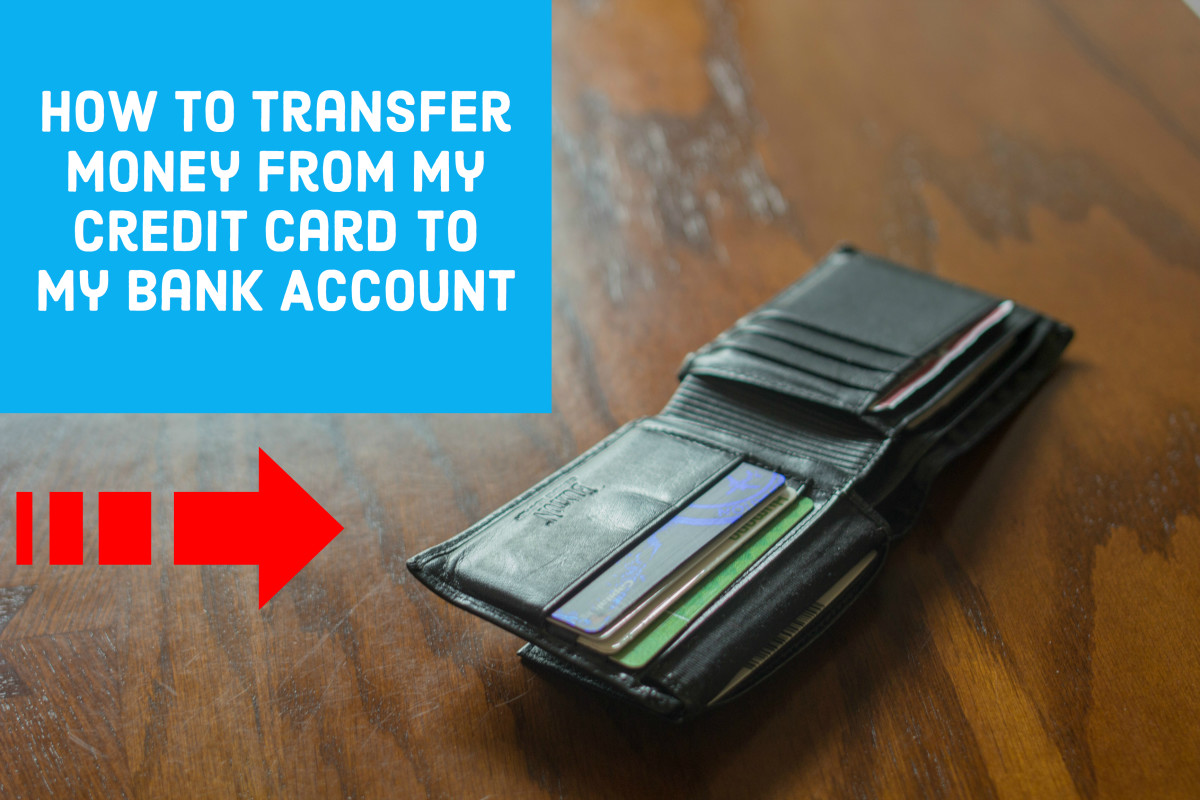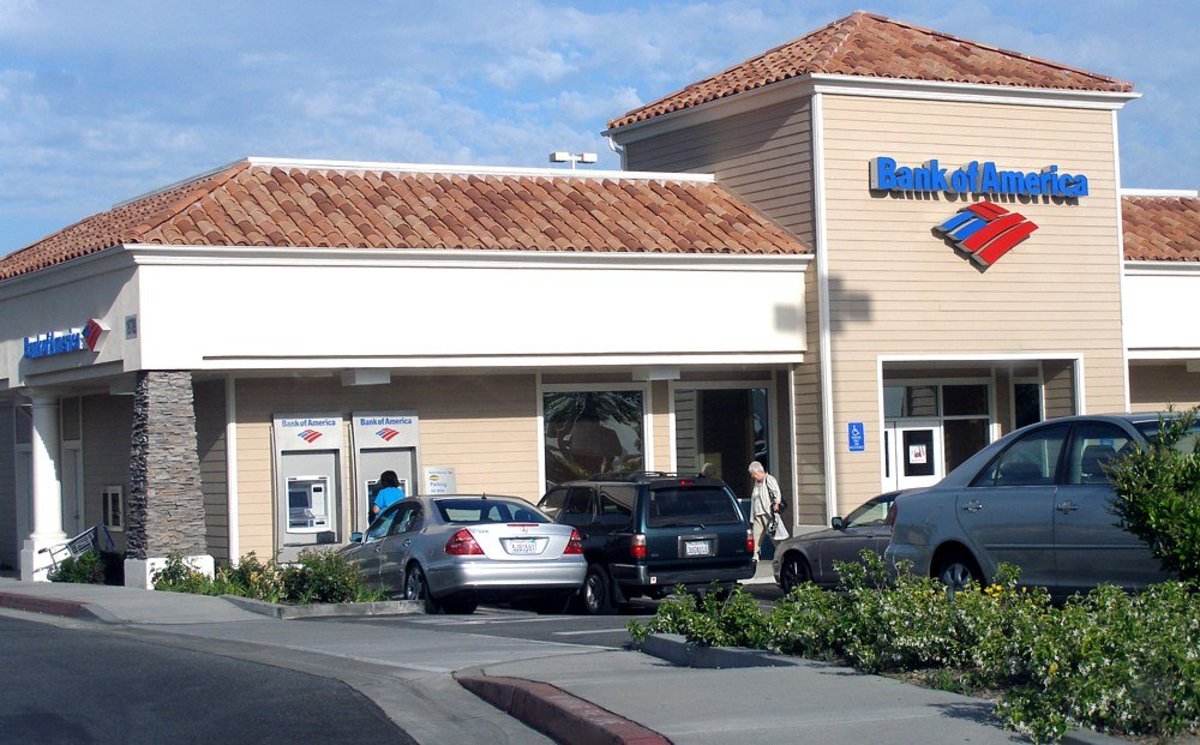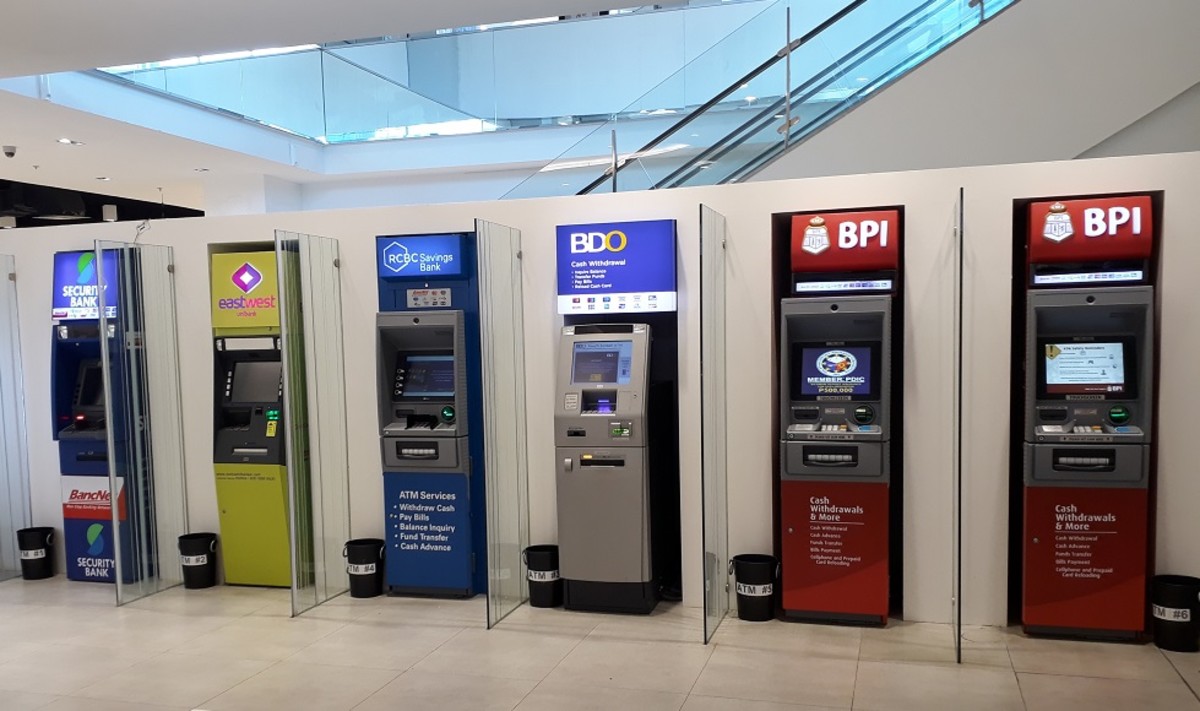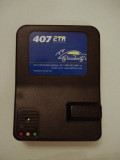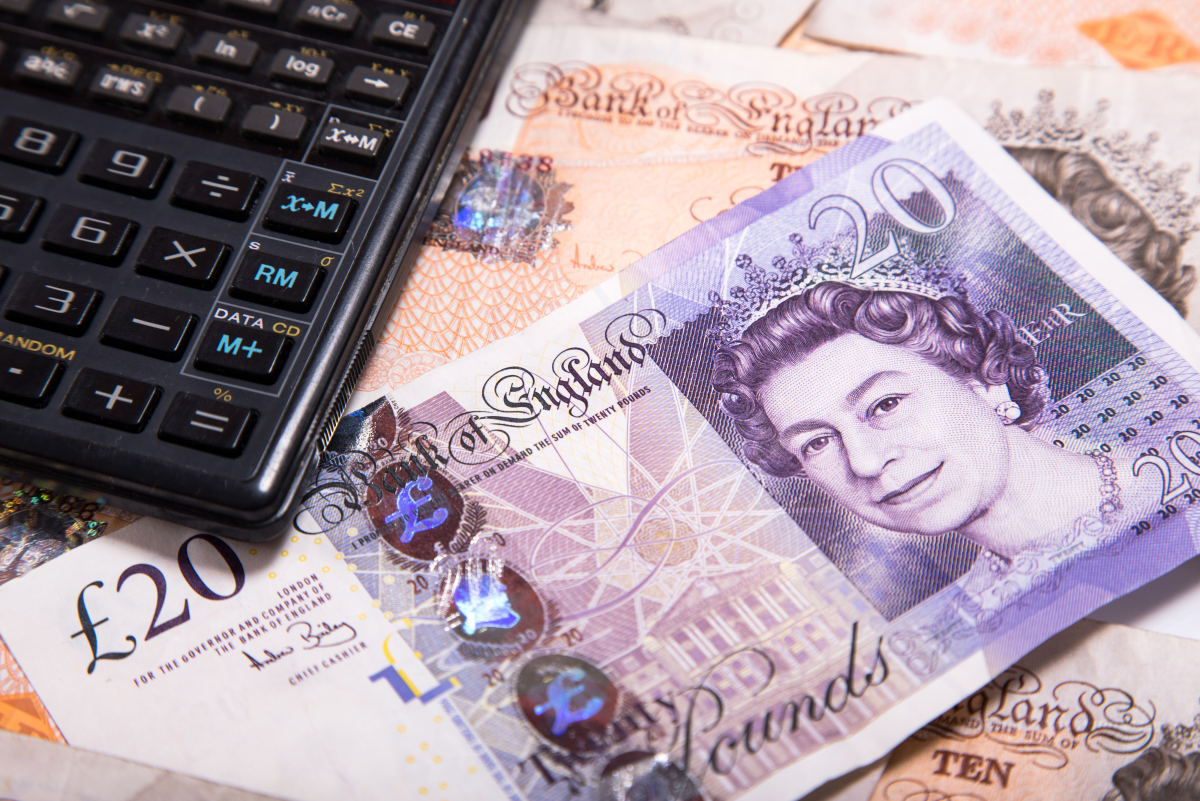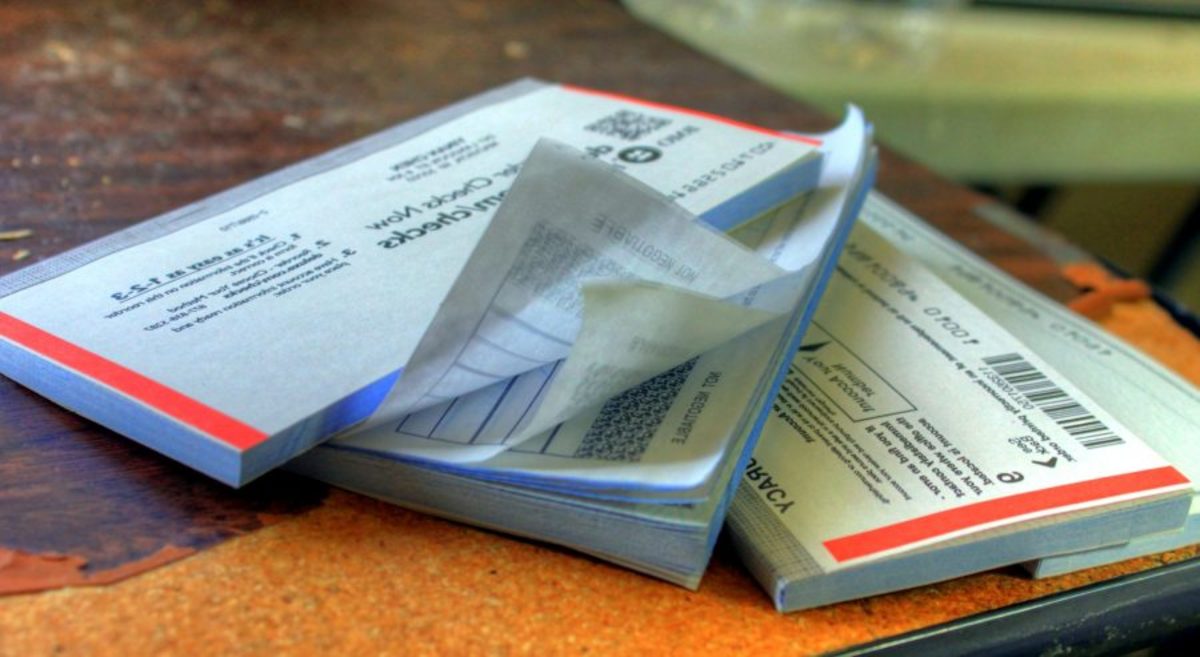Stick It To Your Bank by Finding Better Rates for Checking, ATMs and Credit Cards
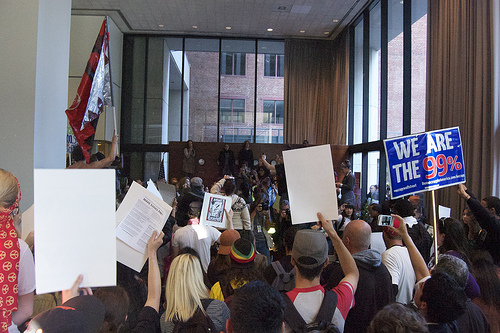
© 2011 by Aurelio Locsin.
We’re all frustrated at how banks levy more charges on basic services, increase interest rates on credit cards with impunity and continue to foreclose on homes. Complaining to your congressman and occupying bank lobbies may vent your anger but do nothing for your bottom line. The banks only understand money. So, the only way you’re going to get their attention is to move your cash from their vaults to more responsive institutions. If necessary, write your former bank a letter and tell it exactly why you're leaving.
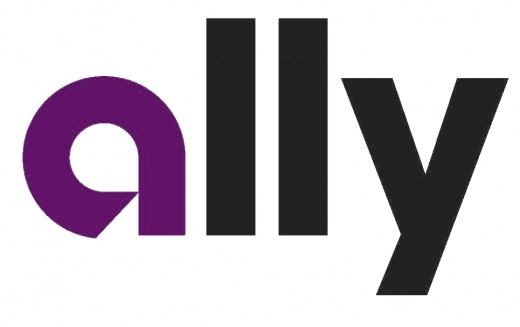
Ally Bank
Dubbed “2011 Bank of the Year” by Money Magazine, Ally Bank (ally.com) offers many of the services of a full-service bank such as FDIC-insured checking and savings accounts with no minimum deposits and no monthly maintenance fees. You aren’t required to keep a minimum balance and earn interest on your deposits.
You can use any U.S. ATM without paying any fees. At the end of the statement cycle, it refunds any ATM fees charged by other banks. (The institution does charge some fees for such things as stop payments and outgoing wires.) You can also open an account online. The main disadvantage is the lack of physical branches, so you have to transact everything online or through the mail.

Schwab Bank
Like Ally, the FDIC-insured Schwab Bank (schwab.com) has no physical locations, lets you apply online, boasts online banking and allows free use of any ATM, with refunds of charges by other banks. Its High Yield Investor Checking has no monthly minimums or fees, and pays interest. Unlike Ally, Schwab allows free use of and refunds charges from ATM use worldwide, so it’s excellent for international travelers. In addition, it also offers mortgages.
But you need to open a linked Schwab One brokerage account, which is also free of maintenance fees and minimums. This account lets you trade in stocks and other investments, and open retirement accounts, which do have varying fees. Schwab Bank has been my financial institution of choice for decades, primarily because of its big-bank products.
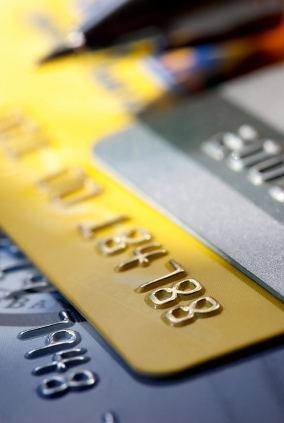
Credit Cards
If you carry a balance every month, then you need a credit card with the lowest interest rate possible. The Simmons First Visa Platinum card (simmonsfirst.com/personal_banking) has a variable rate that is around 7.25 percent as of January 2012. It has no annual fee but also has no rewards program.
If you pay off your balance every month, consider a cash-back card like the CapitalOne Cash Rewards Mastercard (capitalone.com/cash). You get 1 percent cash back on all purchases, a 50 percent bonus ever year on the cash back you earned, and a $100 one-time bonus. Excellent credit is needed. Many of these cards impose an annual fee, which can be waived for the first year to get you to sign up. If you charge a lot, your cash-back bonuses may be greater than the annual fee.
Local Institutions
If you prefer the comfort of face-to-face transactions, look to small local banks and credit unions that are near you.
- The quickest way to find them is to browse Google Maps and enter a phrase like local banks near <your address> into the Search bar. For example, you could enter local banks near 25 Maple Street, Anytown, NY.
- You can also do a search on the terms community bank and credit union.
- Call them and ask if they have any specials for new customers. For example, some will put a bonus amount of dollars in your account if you open one with a minimum amounts and leave it in there for a specified period.
- If you're opening a checking account, be sure to ask what they're check renewal policy is. Most will give you your first batch of checks for free. Then when you run out of checks and need to order more, they may charges or none at all.
Such institutions are generally free of monthly fees and minimums, and offer a friendly community feel. Unfortunately, because of their small size, they are often in danger of being swallowed up by larger fee-charging banks.

